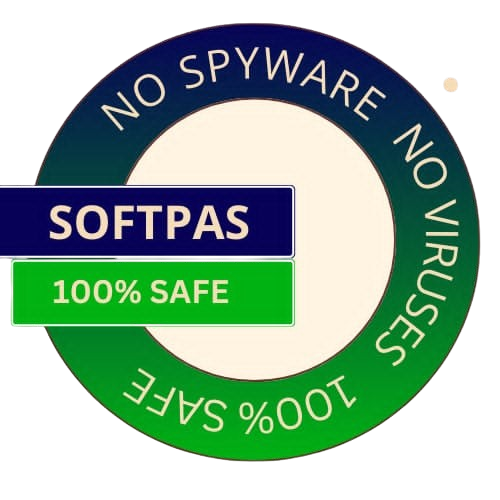
Get the best deals on your favorite games
Portable Computing Language, or pocl for short, is a free and open-source command-line tool made using C/C++. It’s built to efficiently follow the OpenCL standard, making it super handy for developers.
This software includes a bunch of LLVM (Low Level Virtual Machine) passes. The main goal? To make OpenCL applications easier to use across different platforms while optimizing performance with various compiler tweaks. PocL supports ICD (Installable Client Driver) and comes with a portable kernel compiler that packs some cool features.
One exciting feature in the portable kernel compiler is horizontal auto-vectorization of workgroups. This might sound complex, but it helps speed things up! Plus, it has efficient math libraries built right in and core APIs (Application Programming Interfaces) written in C, tailored for barebone PCs.
PocL works well with lots of OpenCL apps, including ViennaCL 1.5.1 examples, many Parboil benchmarks, Rodinia 2.0.1, piglit, Luxmark 2.0, along with samples from the OpenCL Programming Guide book and AMD APP SDK v2.8 OpenCL samples.
True to its name, Portable Computing Language is indeed portable! It's been tested on all sorts of hardware setups like x86_64 (64-bit), PowerPC64, PowerPC32, ARM v7, and various VLIW-style TTA CPUs designed using TCE in mixed host-device setups.
If you want to install Portable Computing Language on your GNU/Linux system, it's quite straightforward! Just make sure you have the hwloc, ocl-icd, opencl, clang, and llvm packages set up on your distribution first.
You can download the latest version here. After downloading from Softpedia or their official site (the link is at the end of this article), save the archive somewhere on your PC. Extract everything using an archive manager tool and fire up a terminal emulator application.
In your Terminal app, navigate to where you extracted the files (like typing cd /home/softpedia/pocl-0.10). Next up: run ./configure && make. This sets everything up! Finally, type sudomake install, and you're good to go!
Go to the Softpas website, press the 'Downloads' button, and pick the app you want to download and install—easy and fast!

SoftPas is your platform for the latest software and technology news, reviews, and guides. Stay up to date with cutting-edge trends in tech and software development.
Subscribe to newsletter
© Copyright 2024, SoftPas, All Rights Reserved.